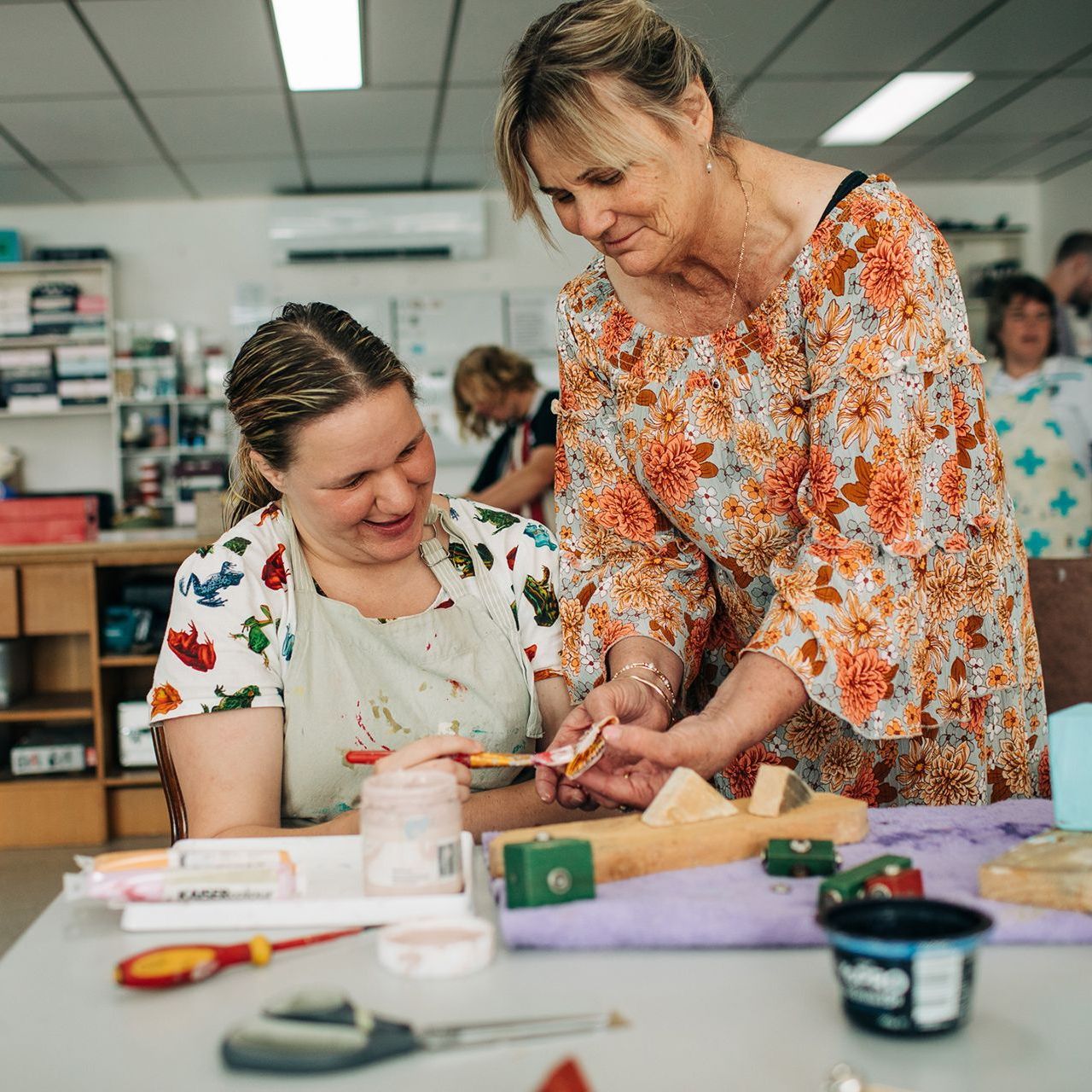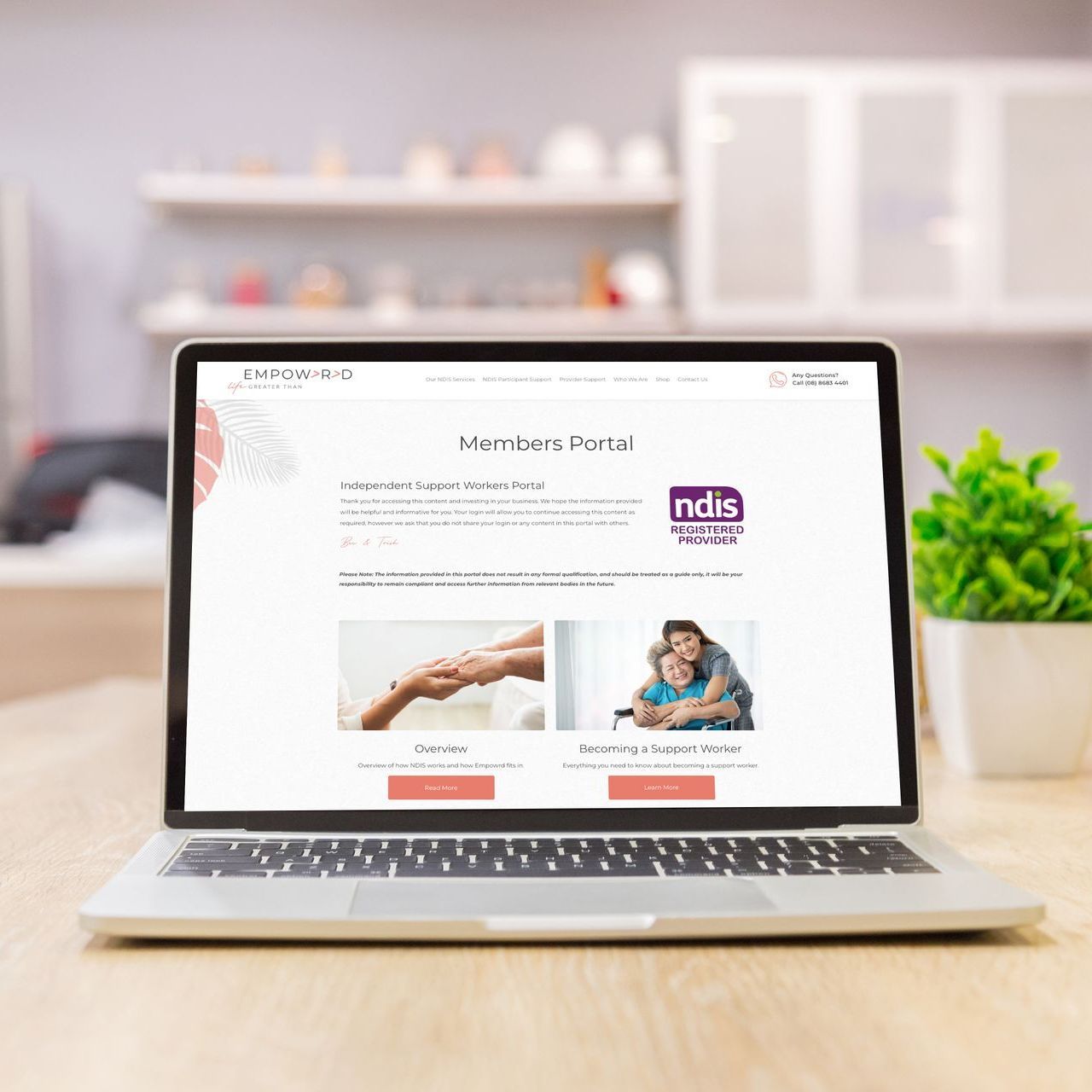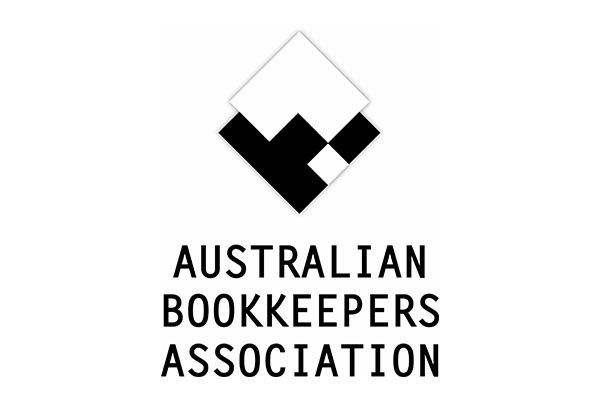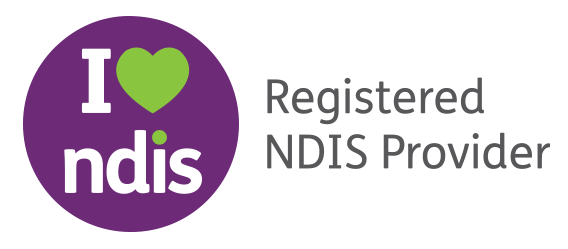Participant Enquiries
Empowering Individuals with Down Syndrome: Support, Inclusion & the NDIS

Down Syndrome is a genetic condition when someone has an extra copy of chromosome 21. This additional genetic material affects development and can lead to intellectual and physical differences. However, every individual with Down Syndrome has unique strengths, challenges, and abilities.
Common Misconceptions & Shifting Perspectives
Many misconceptions about Down Syndrome persist. Some believe that individuals with Down Syndrome cannot lead independent lives, but with the proper support, many thrive in education, employment, and social settings. Others assume that all people with Down Syndrome have the same personality traits, but like everyone else, they have diverse interests, talents, and personalities. The key is to focus on their abilities rather than limitations.
Common Misconceptions About Down Syndrome
Many myths about Down Syndrome persist, but understanding the truth helps foster inclusion and empowerment. Here are a few common misconceptions:
Misconception: Only older parents have children with Down Syndrome.
✔️ Reality: While the chances of having a baby with Down Syndrome increase with age, 80% of children with Down Syndrome are born to mothers under 35.
Misconception: People with Down Syndrome cannot live independently.
✔️ Reality: Many adults with Down Syndrome live independently or with minimal support, holding jobs and contributing to their communities.
Misconception: They can’t attend school or learn to read and write.
✔️ Reality: With the proper support, many individuals with Down Syndrome excel in school and develop literacy skills.
Misconception: People with Down Syndrome are always happy.
✔️ Reality: Like everyone else, individuals experience many emotions. Mental health support is just as essential for them to.
Misconception: People with Down Syndrome cannot have children.
✔️ Reality: Women with Down Syndrome can have children, and although male fertility is rare, there have been documented cases of men with Down Syndrome fathering children.
Misconception: Only older parents have children with Down Syndrome.
✔️ Reality: While the chances of having a baby with Down Syndrome increase with age, 80% of children with Down Syndrome are born to mothers under 35.
Strengths & Unique Abilities
People with Down Syndrome possess unique strengths that often go unrecognised. They usually excel in social interactions, empathy, and emotional intelligence. They bring joy, resilience, and a unique perspective to their families and communities. With access to appropriate resources, they can achieve personal milestones, gain employment, and actively participate in society.
How the NDIS Supports Individuals with Down Syndrome
The National Disability Insurance Scheme (NDIS) provides essential support for individuals with Down Syndrome, empowering them to live fulfilling lives.
Key NDIS Supports Available
- Therapies – Speech, occupational, and physiotherapy to enhance communication, motor skills, and daily living.
- Daily Living Assistance – Support workers to help with personal care, cooking, transport, and independent living skills.
- Social & Community Inclusion – Programs encourage participation in community activities, development of social skills, and recreational opportunities.
How NDIS Funding Enhances Independence
NDIS funding helps individuals with Down Syndrome access tailored support that fosters independence. Whether they learn to use public transport, join a workplace, or engage in a hobby, these supports ensure they lead meaningful and empowered lives.
Empowering Families & Carers
The Role of Family & Carers in Advocacy
Families and carers are the backbone of the support system for individuals with Down Syndrome. Their role in advocacy is crucial in ensuring these individuals receive the support they need in education, healthcare, or social inclusion opportunities. Their advocacy is key..
Encouraging Inclusion in Education, Work & Society
Inclusive education and employment opportunities are vital for individuals with Down Syndrome. With the right accommodations, many succeed in mainstream schools, and many businesses benefit from hiring employees with diverse abilities. Creating inclusive spaces benefits everyone by fostering understanding and diversity.
Tips for Navigating the NDIS System
- Learning about the available supports and how to include them in an NDIS plan is essential. This knowledge will empower you to make informed decisions and ensure the best outcomes for individuals with Down Syndrome.
- Work with professionals such as Support Coordinators to connect with service providers.
- Regularly review the plan to ensure it aligns with changing needs and goals.

How Empowrd Can Help
At Empowrd, we simplify the NDIS journey with plan management and support coordination to support individuals with Down Syndrome and their families.
Contact us today to learn more!

NDIS Plan Management and Support Coordination
At Empowrd, we are here to make your life easier. Based in Port Lincoln on the Eyre Peninsula, we offer a personal, accessible and holistic approach to NDIS Plan Management and Support Coordination.
We provide Plan Management services across Australia, assisting with financial administration, and offer Support Coordination to participants in Port Lincoln and Eyre Peninsula, connecting them with the right supports and providers. Our goal is to ensure your NDIS plan works for you, so you can focus on achieving your goals and doing what you love.

Want to Become a Support Worker?
Our Independent Support Workers Education Portal provides everything you need to navigate the NDIS, find work, and confidently offer services as an Independent Support Worker. For just $65, you will gain access to comprehensive guides, essential resources, and ready-to-use templates to streamline your work.
Inside, you will find:
- A clear breakdown of how the NDIS works
- Tips for finding jobs and delivering services
- Step-by-step guidance on invoicing and support planning
- Ready-to-edit templates for quotes, service agreements, invoices, and case notes
Need just the templates? You can also purchase them separately as standalone resources.
I hope you enjoy reading this blog post.
If you are ready to be Empowrd to live your life to the fullest, let us steer you on the right path.
Be EMPOWRD to Live Your Best Life
If you’re ready to be empowered to live life on your terms, we’re here to help guide the way. At Empowrd, we offer a personal, accessible, and holistic approach to NDIS Plan Management and Support Coordination. We’ll ensure your plan works for you, allowing you to focus on your goals and the things you love most.














